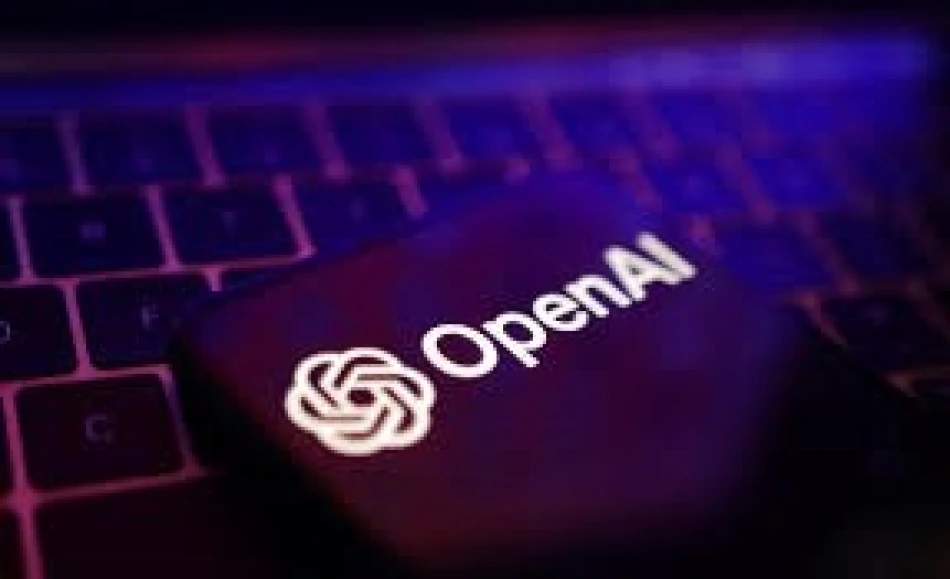
OpenAI Unveils Universal AI Agent for ChatGPT: Revolutionizing Conversational AI
OpenAI's ChatGPT Agent Marks Critical Step Toward AI Automation Revolution
OpenAI has launched its most ambitious artificial intelligence agent yet, transforming ChatGPT from a conversational tool into an autonomous digital assistant capable of executing complex computer tasks. The ChatGPT Agent represents a fundamental shift in AI utility—moving beyond simple question-answering to actively performing work on behalf of users, from creating presentations to running code and managing schedules.
Beyond Chatbots: AI That Actually Works
The new ChatGPT Agent consolidates several of OpenAI's previously separate AI tools into a unified platform. Users can now instruct the system in natural language to browse their task lists, generate editable presentations, execute programming code, and compile research reports by scanning dozens of websites simultaneously.
This integration combines OpenAI's "Operator" web browsing capability with "Deep Research," which aggregates information from multiple sources into comprehensive reports. The result is an AI system that doesn't just respond to queries but actively completes multi-step workflows that previously required human intervention.
Subscription-Only Launch Strategy
OpenAI has restricted access to ChatGPT Agent to its premium subscribers—those paying for Pro, Plus, and Team plans. Users can activate the feature by selecting "Agent Mode" from ChatGPT's tool menu, signaling the company's intent to monetize advanced AI capabilities while testing performance with a controlled user base.
The Silicon Valley AI Agent Race Intensifies
OpenAI's move escalates competition with Google's Bard and other tech giants racing to develop autonomous AI systems. Over recent years, Silicon Valley companies have announced dozens of AI agents, yet most early releases have struggled with complex task execution and failed to match the ambitious visions promoted by technology executives.
The challenge lies in bridging the gap between impressive demonstrations and reliable real-world performance. Previous AI agents often faltered when handling nuanced instructions or multi-step processes that require contextual understanding and error recovery.
Market Implications and Business Transformation
For enterprises, ChatGPT Agent could fundamentally alter productivity workflows and job functions. The ability to delegate routine computer tasks to AI represents a significant cost-reduction opportunity, particularly for roles involving data analysis, content creation, and administrative coordination.
However, the subscription-gated launch suggests OpenAI recognizes the technology's current limitations. By limiting access to paying customers, the company can gather performance data and refine the system before broader deployment—a strategy that mirrors successful enterprise software rollouts.
The Automation Tipping Point
OpenAI's ChatGPT Agent launch signals that AI automation has moved from experimental to practical application. Unlike previous AI tools that required significant technical expertise, this system operates through natural language commands, making advanced automation accessible to non-technical users.
The success of this launch will likely determine whether AI agents become mainstream business tools or remain niche applications. If ChatGPT Agent can reliably handle complex, multi-step tasks without constant human oversight, it could accelerate the adoption of AI automation across industries and reshape how organizations approach digital productivity.
The technology sector will be watching closely to see whether OpenAI has finally delivered on the long-promised vision of truly autonomous AI assistants, or if this represents another incremental step in the gradual evolution toward comprehensive AI automation.
Most Viewed News

 Layla Al Mansoori
Layla Al Mansoori






